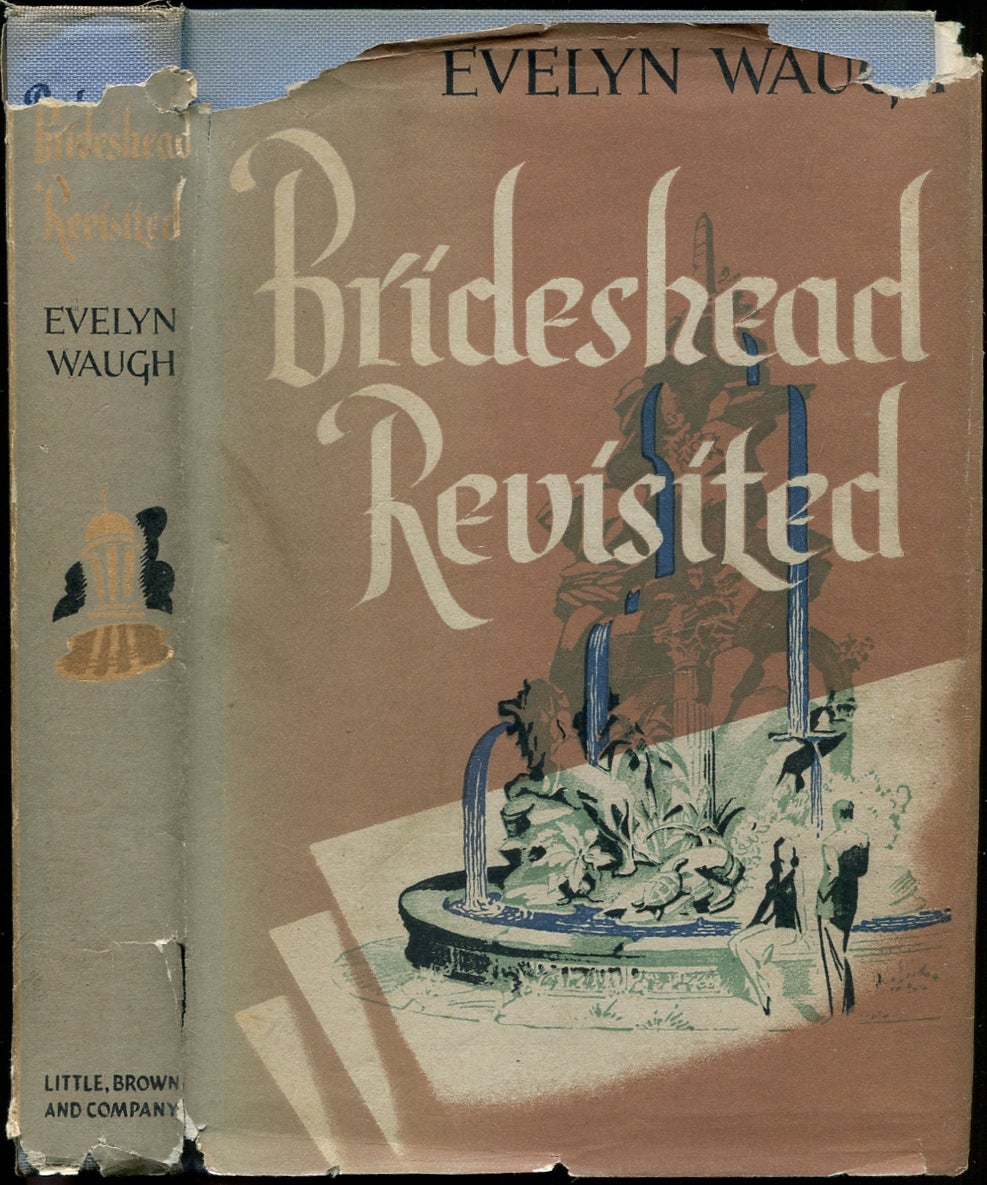
But to Charles’ great surprise, Julia Flyte, who left the Church years ago, is also determined that her father should not die estranged from God.Ĭan’t the old man who has scoffed at the faith be left to die in peace? Charles wonders. The two Flyte children still practicing, Cordelia and Bridey, desperately desire him to die in a state of grace, hoping he will not refuse last rites before he expires. After firmly refusing the sacraments from the local parish priest and claiming that he has “not been a practicing member of your Church for twenty-five years,” the old man’s health further declines. Following years of self-imposed exile after abandoning his devout Catholic wife, now deceased, for a life of “freedom” with an Italian mistress, Lord Marchmain returns to the family estate in England to die. When the family congregates because of the final illness of their patriarch, Lord Marchmain, the specter of death becomes a catalyst of grace.


As a lifelong Protestant, I wondered, if Catholicism was true, wouldn’t Catholics behave better? What I wasn’t prepared for was the flood of grace waiting to overwhelm my heart in the final pages.īrideshead Revisited is about the lost sheep of the historically Catholic and wealthy Flyte family and is narrated by their friend, agnostic Charles Ryder (fiance to the Flyte’s oldest daughter, Julia). They were haunted by their sins, but they didn’t even attempt to hide them under a veneer of respectability. They were bad Catholics, people who could barely hold onto the cultural trappings of their faith. The Catholic characters all seemed to be a mess, with failed marriages and scandalous decisions and addictions they knew were wrong. I had been delighted by its colorful characters and the author Evelyn Waugh’s brilliant humor, but slightly confused about where the story was going or why the book was hailed as a Catholic masterpiece.


I was reading Brideshead Revisited for my twentieth-century novel class. In the spring of 2008 I was a senior in college sitting in the backyard of a little white rental house near campus and I was weeping because an old man in a book had made the sign of the cross.


 0 kommentar(er)
0 kommentar(er)
